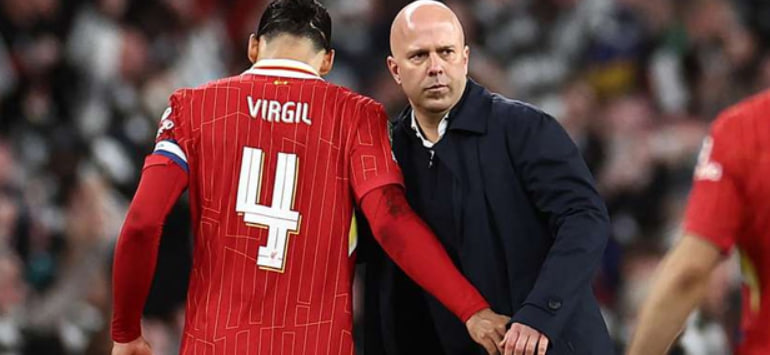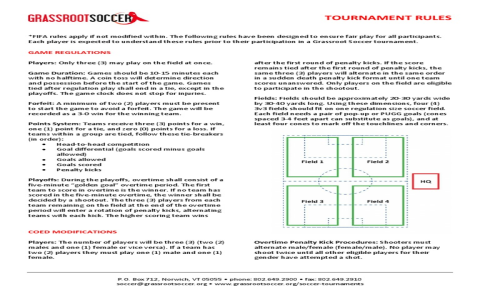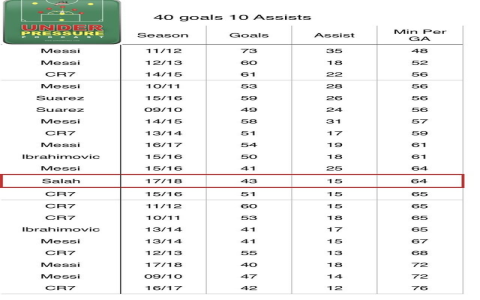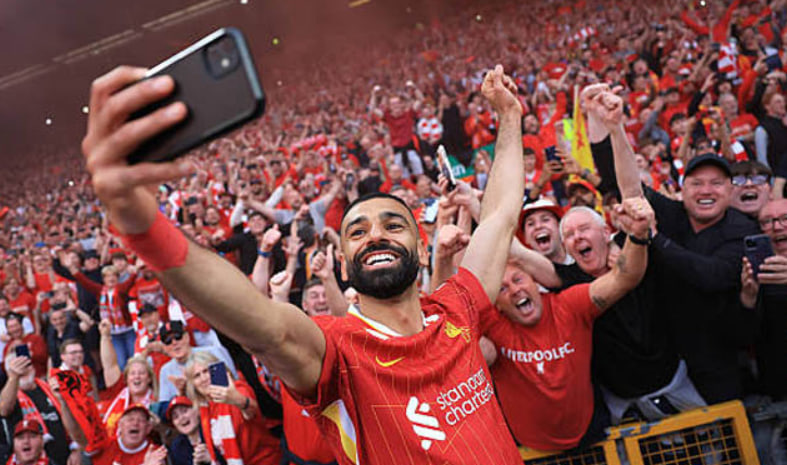Liverpool‘s performance at the end of the season seems to be on a downward trend, especially after being eliminated from the Champions League and losing the League Cup final, the team’s form has triggered widespread discussion. The following are the three key reasons for this phenomenon.
1. Insufficient team rotation: overreliance on key players
Liverpool have had relatively few injuries this season, which should be a positive sign, but it also means that the main players have had to take on more game duties. Manager Arne Slot has spoken highly of the team’s fitness management, but he also admits that the core squad is close to its limits.
The numbers back this up:
This high-intensity playing rhythm gradually overtaxes the bodies of the regular starters. Key players like Van Dijk and Salah played almost non-stop with little rest, which left them exhausted at the end of the season.
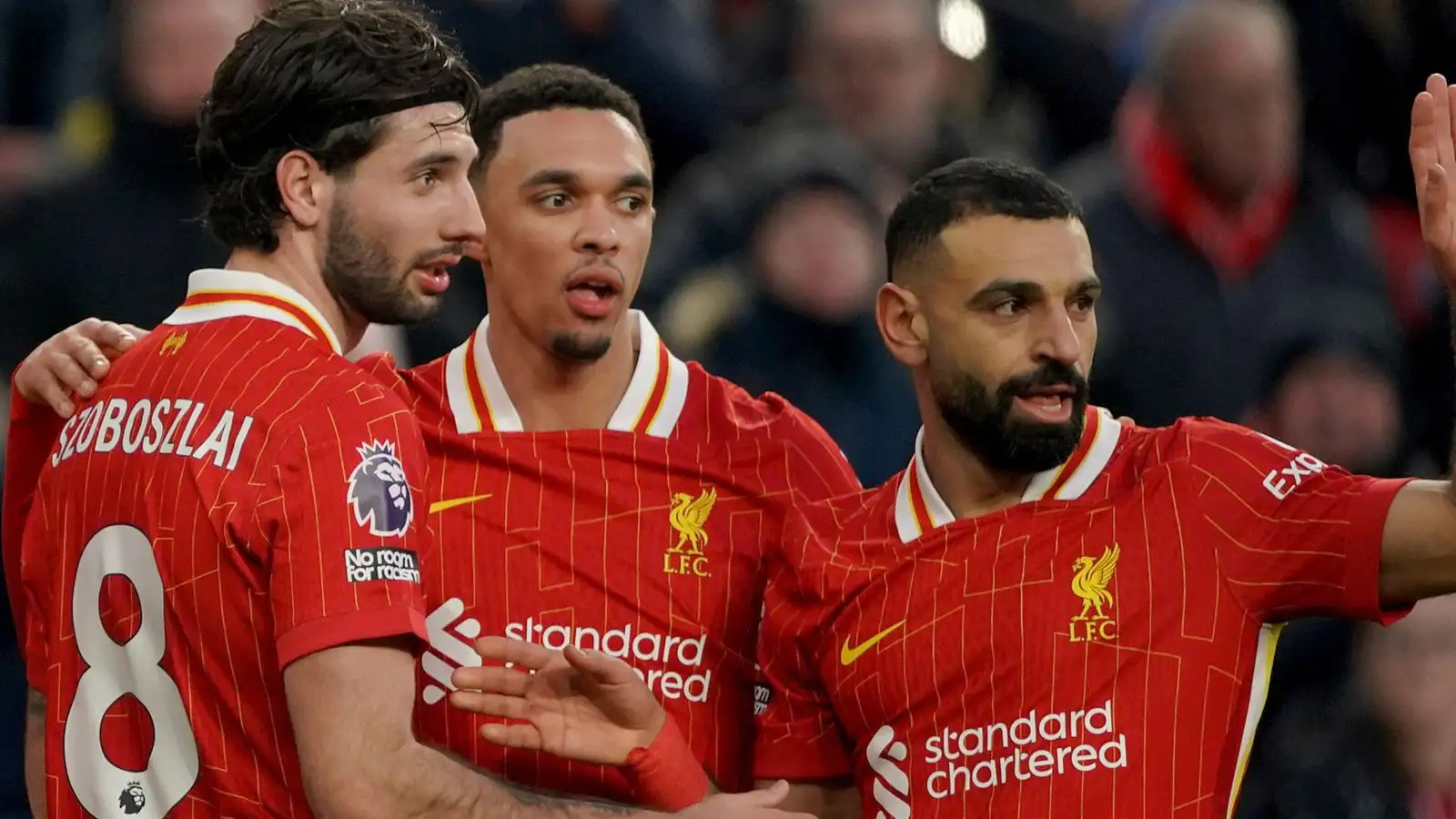
2. Dense schedule: fatigue builds up
Liverpool entered a high-intensity competition rhythm from the start of the Champions League qualifying round. Although they successfully avoided the play-offs and gained a short respite, the subsequent schedule arrangement once again plunged the team into fatigue.
Key schedule issues:
The effects of fatigue were evident in the Champions League match against Paris Saint-Germain. Despite Liverpool’s advantage as the home team at Anfield, the team clearly lacked energy in extra time and ultimately had to accept the outcome of the penalty shootout. In addition, the team’s decline in confrontation intensity is also a warning sign – except for the match against Newcastle, Liverpool has been outmatched in other key confrontations.
3. Lack of confidence in reserve team players
Liverpool‘s limited use of reserve players this season has revealed the team’s lack of depth to some extent. The two defeats against Eindhoven and Plymouth at the beginning of the year may have seemed like minor incidents, but they actually revealed a bigger problem: when the team needed their substitutes to step up, they did not perform as expected.
Performance of reserve players:
This conservative approach towards reserve players has made Liverpool struggle even more in the multi-front battle. Compared to last season under Klopp, the team’s problems with squad depth have not been effectively resolved.
Summary: How to deal with these problems?
1. Increase squad depth
Liverpool need to bring in new players this summer, especially in the forward and midfield positions. The inconsistent form of Luis Díaz, Darwin Núñez and Diogo Jota shows that the team needs a more threatening striker. At the same time, the midfield needs to be replenished with fresh blood to relieve the pressure on Jordan Henderson and Mac Allister.
2. A more flexible rotation strategy
Even in the title race, Sloth needs to rotate more boldly. Giving young players more opportunities will not only relieve the fatigue of the starting players, but also inject vitality into the team.
3. Make good use of the schedule gap
With the elimination from the Champions League, Liverpool will have more time to focus on the Premier League. The coaching staff can use this time to help players regain their form and prepare for the final sprint.
Liverpool are still in a good position to compete for the Premier League title, but if these issues are not resolved in time, the team may pay the price at the end of the season. With some sensible adjustments and signings, Liverpool can be expected to remain competitive in the future.

